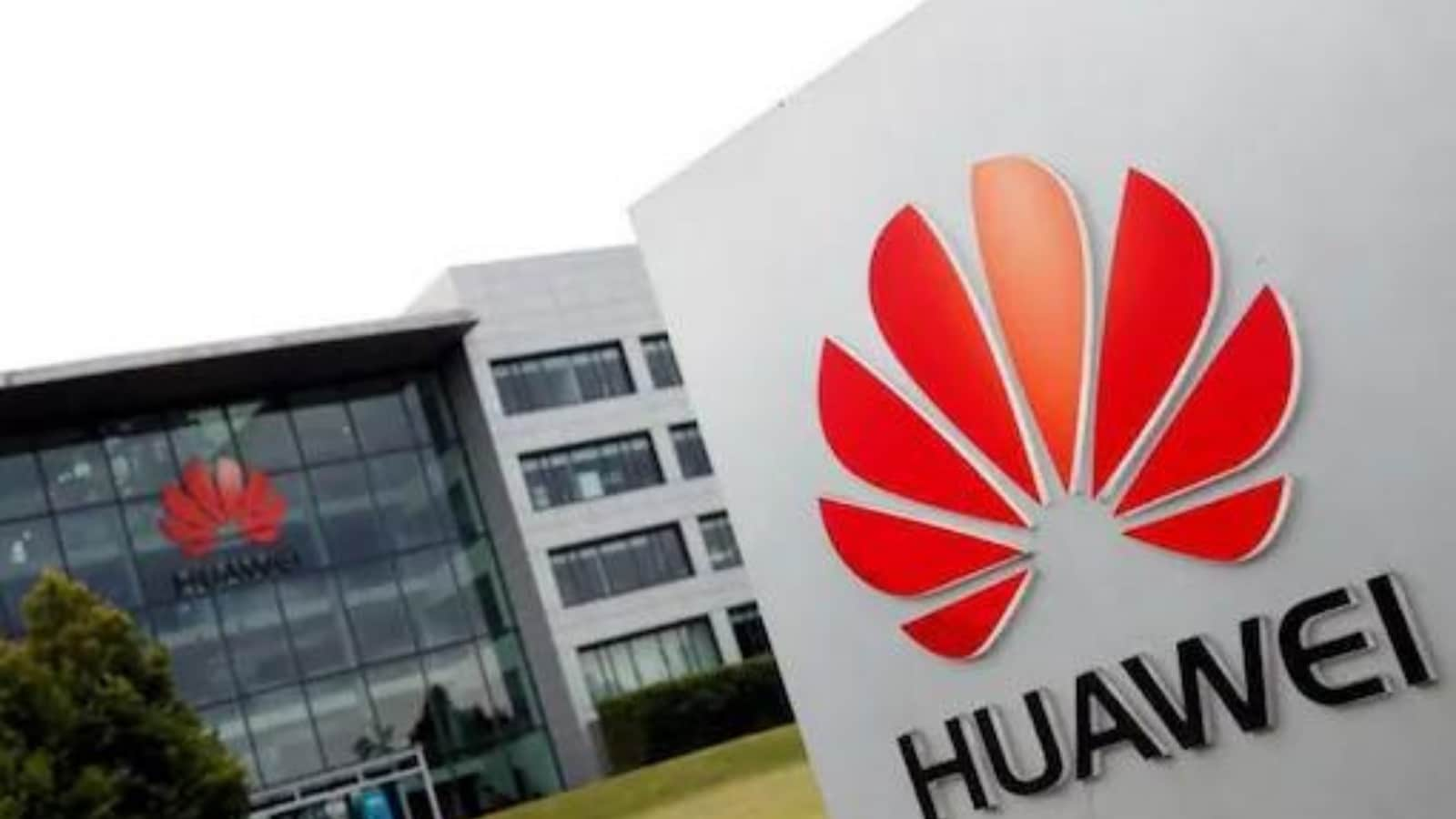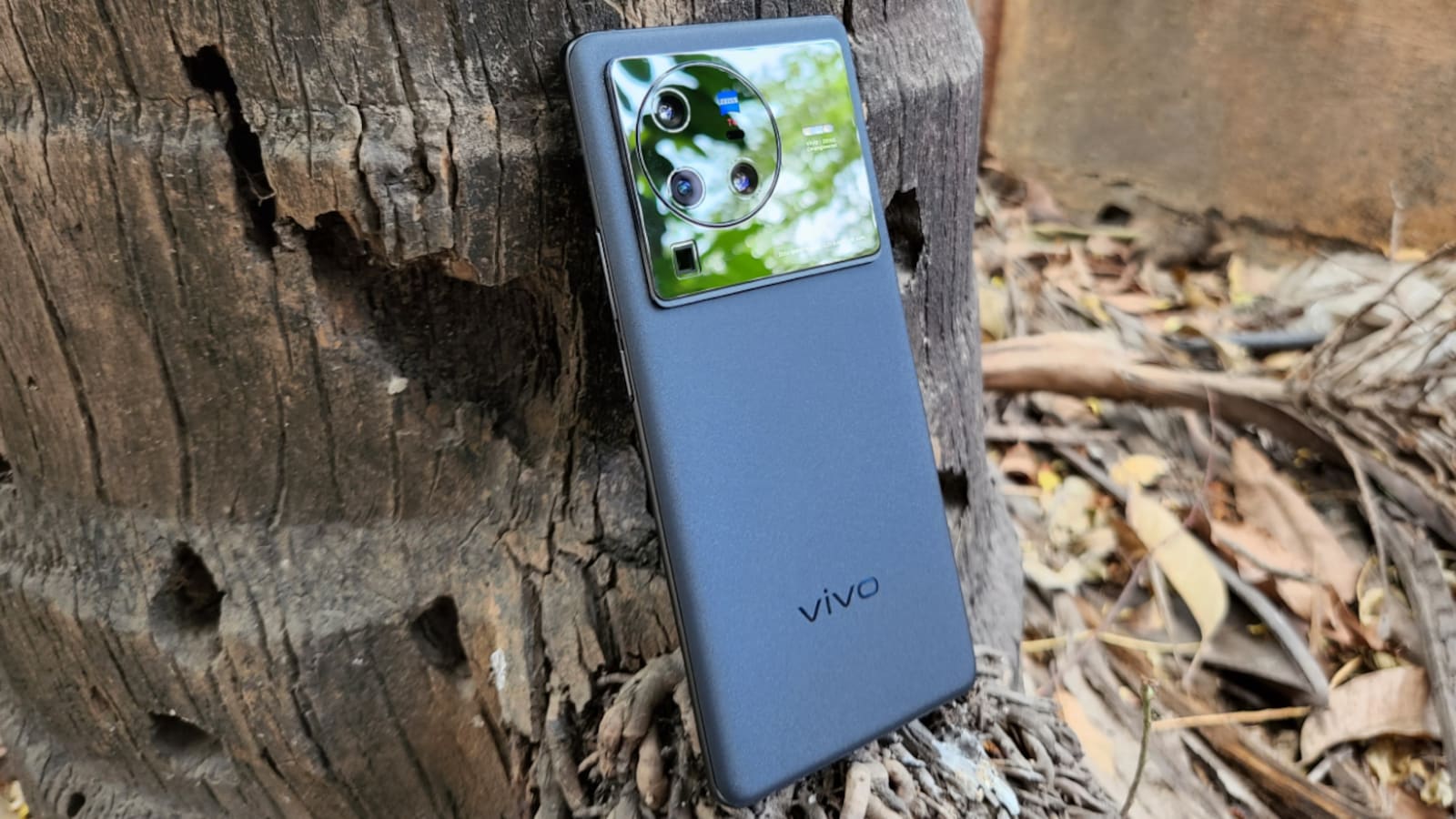Mulitple ED raids against Chinese mobile company Vivo 2022, linked firms: Sources

Mulitple ED raids against Chinese mobile company Vivo 2022, linked firms: Sources
New Delhi: In connection with a case involving the prevention of money laundering connected to Vivo and other Chinese companies, the Enforcement Directorate (ED) was conducting searches in 40 countries worldwide in Uttar Pradesh, Madhya Pradesh, Bihar, and southern states. According to sources, the Vivo office and the locations of a few other Chinese companies were being searched. As of today, neither Vivo nor ED officials have made any statements.
The CBI has conducted its investigation of the matter and has submitted a second FIR. According to the ED, in connection with Xiaomi Technologies India Private Limited’s unauthorized outside transfers, they seized Rs 5,551.27 crore from the company’s bank accounts in April. This was done following the rules of the Foreign Exchange Management Act.

The business had then issued a statement that read, “We have carefully analyzed the instruction from the federal authorities. We think all of our bank statements and payments for royalties are legitimate and accurate. Xiaomi India paid these royalties for the in-licensed technology and intellectual property (IP) used in our products’ Indian versions.
The payment of such royalties by Xiaomi India is a commercial legal arrangement. To clear up any ambiguities, we’re dedicated to collaborating closely with the relevant authorities.
The Income Tax Department reported on March 3 that they had conducted searches against Chinese enterprises selling telecom products and discovered that the companies were engaging in tax fraud by using false invoices. At that time, the I-T authorities had discovered a 400-crore rupee revenue suppression.

The raids throughout India and the National Capital Region were carried out throughout the second week of February. The searches showed that the Chinese companies had paid inflated amounts for technical services from connected parties outside of India.
The assessee companies could not demonstrate the validity of the purported technical services for which payments had been received or the basis for determining the value for those services.
The search action additionally revealed that different firms had manipulated their books of account to lower the tax liability in India by adding various provisions for expenditures, such as clauses for obsolescence, requirements for warranty, doubtful debt payments, advances, etc., that have little to no sound financial justification. The groups had declined to give any credible support for their assertions during the examination.
The business had stated that it was coordinating with the relevant authorities to clarify any misunderstandings.
Nevertheless, in 2020, the Meerut police filed a fraud complaint against Vivo for allegedly using the same IMEI number on 13,500 phones across the nation. A 15-digit identifier called the International Mobile Device Identity (IMEI) is used to identify each smartphone uniquely. All handsets must have a unique IMEI; according to a 2017 Telecom Regulatory (TRAI) statement, failing to do so could result in a three-year jail sentence.

This is the ED’s second significant case against a Chinese business. Previously, it had lodged a complaint against Chinese smartphone maker Xiaomi for allegedly sending money abroad in contravention of the Foreign Exchange Regulation Act (FEMA).
The ED confiscated amounts pertaining to Xiaomi Technology India Private Limited in April in accordance with the terms of the Foreign Exchange Management Act, 1999.
A wholly-owned affiliate of the Chinese-based Xiaomi group is Xiaomi India. The seized money, per the ED, was in the business’s bank accounts. In February of this year, the company made some illicit remittances, and the ED opened an investigation into them.
Manu Kumar Jain, Xiaomi’s global vice-president, was questioned by the agency in April on the incident. The ED had stated in a statement that the company began operating in India in 2014 and began remitting funds in 2015.
The business has transferred funds worth INR 5551.27 crore to three foreign-based organizations, one of which is a Xiaomi group company operating under the pretext of royalty. On the direction of their Chinese sister company organizations, such enormous sums were transferred in the guise of royalties. The money sent to two different unconnected US-based organizations was ultimately for the benefit of the Xiaomi group corporations.
Xiaomi India is a dealer and marketer of cellular phones in The world under the brand “MI,” according to the ED. Xiaomi India buys fully assembled mobile phones and other products from Indian producers. The three foreign-based companies to which these funds have been remitted have not provided any services to Xiaomi India.

The corporation sent this sum overseas under the guise of royalties, which is a breach of Article 4 of the FEMA, using a variety of unrelated documented facades that were formed among the group entities. While sending the money overseas, the corporation also gave banks false information, according to the ED statement.
This result comes months after a government monitor confiscated Rs 5,551.27 crore from Xiaomi, one of the top Chinese mobile phone manufacturers in India, on the grounds that the business had made “illegal external remittances.”
Notably, the revenue tax authority searched Vivo and other Chinese companies’ various sites last year, alleging that Rs 500 crore in revenue was not correctly reported.
The Indian government’s IT ministry, Ministry of Home Affairs, and Ministry of Corporate Affairs have been keeping an eye on the Chinese smartphone businesses recently due to their non-compliance with PMLA.

In December of last year, Income Tax also raided the offices of several of these Chinese phone makers, including Xiaomi, Oppo, and Vivo, as well as those of their distributors and connected associates. Additionally, in August of last year, five locations, including ZTE’s corporate office, were searched during a raid on the telecom vendor controlled by the Chinese government.
According to market research company IDC, Vivo now holds a 15% market share in the Indian smartphone market. During the quarter ending in March 2022, Vivo surpassed all other 5G brands in the nation in the $10,000–$20,000 pricing range, per a research study.
edited and proofread by nikita sharma




